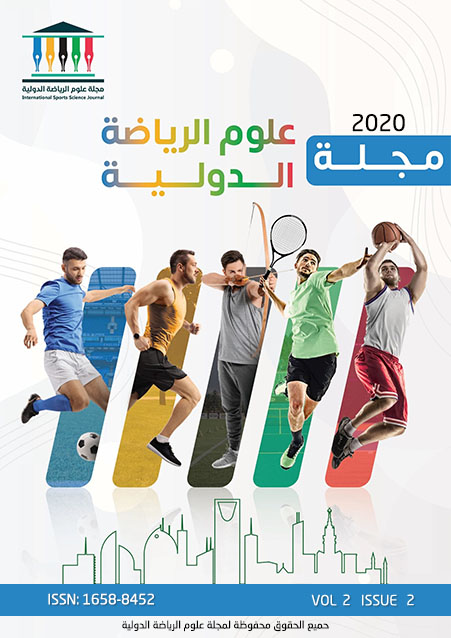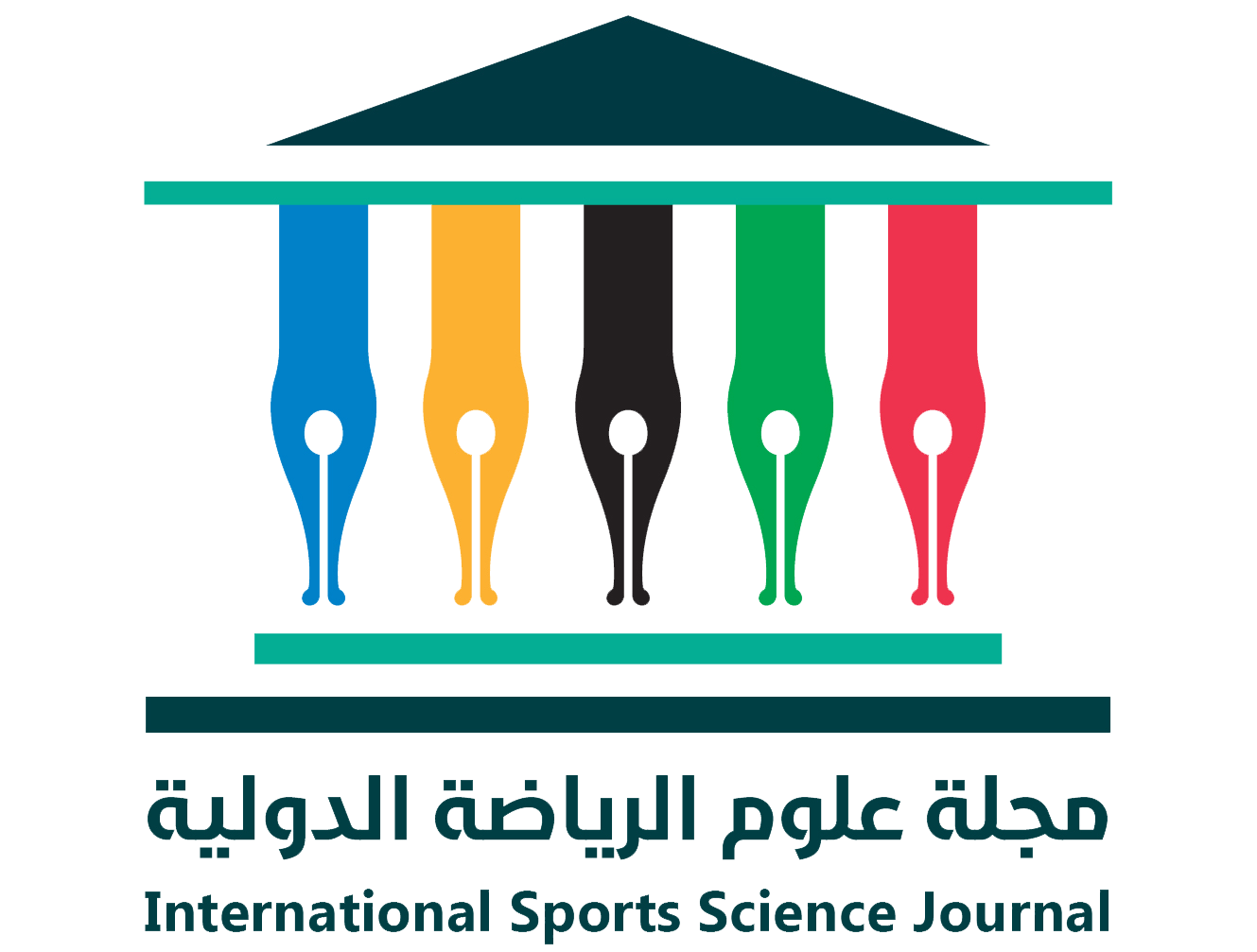The impact of temporal-spatial cognitive exercises on the development of certain mental skills for football goalkeepers
DOI:
https://doi.org/10.71377/antaxc42Keywords:
Sensory-motor perception, attention, attention focusAbstract
What distinguishes football from other sports is that it relies on mental abilities as much as it does on physical abilities, which requires the player to feel, think, perceive, and coordinate between their nervous and muscular systems in a way that enhances the athlete's understanding and information acquisition. Among these abilities, the cognitive abilities play a significant role in sensory-motor perception, which is responsible for motor actions, interpreting them, and executing them by recognizing the surrounding environment through which the movement is to be performed. The importance of sensory-motor perception in football is evident through the player's awareness of the movement of body parts and the extent of control required for the motor task, as the muscles involved in each skill require a certain strength to change the body's position accordingly.Motor performance is dependent on muscle contractions, which include a sense of muscular effort, movement speed, and balance (1:175). Additionally, the player must feel and perceive various game situations, such as when to speed up, when to slow down, and when to change their position during the game, according to the requirements of the situation the player is experiencing. As for the research problem, through the researcher's observation of the Premier League and the first division in football, it was noted that there is a weakness in the performance of goalkeepers due to their inability to perceive time and space in understanding game situations, which affects the skill level of the goalkeepers. The research objectives are: to use specific exercises based on spatial and temporal perception for goalkeepers, to identify the impact of exercises based on spatial and temporal perception on some mental skills of the goalkeepers under study among the research sample.As for the research hypotheses: There are statistically significant differences between the pre-test and post-test results of the mental abilities under study among the research sample individuals, in favor of the post-test results. The researcher used the experimental method for the single group with pre-test and post-test, due to its appropriateness and the nature of the problem. The research community consisted of goalkeepers of different age groups registered in football schools for the 2016/2017 football season in Baghdad Governorate. The research sample included 20 goalkeepers from different age groups, with 10 goalkeepers from Noor Sabri School and 10 goalkeepers from Ibrahim Salem School. The research sample constituted 20% of the original research community, from 12/12/2016 to 10/5/2017, at the football schools' fields.
As for the conclusions:
1. The effectiveness of using specific exercises in developing the temporal and spatial sensory-motor perception in enhancing the mental abilities of the research sample (goalkeepers of the youth category) was positive.
2. The number of training units used was appropriate for the research sample and suitable for developing the mental abilities under study.
As for the recommendations:
1. Emphasizing to coaches the necessity of using precise scientific methods during the preparation and implementation of training unit components through exercises that help develop the mental abilities under study, especially in training age groups.
2. It is essential to establish training programs to develop the temporal and spatial sensory-motor abilities (specific) of football goalkeepers through exercises to enhance those abilities.
Downloads
Downloads
Published
Issue
Section
License
Copyright (c) 2025 International Sports Science Journal

This work is licensed under a Creative Commons Attribution-NonCommercial-ShareAlike 4.0 International License.










